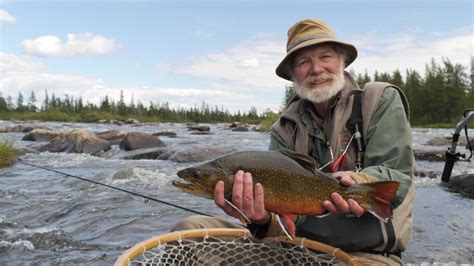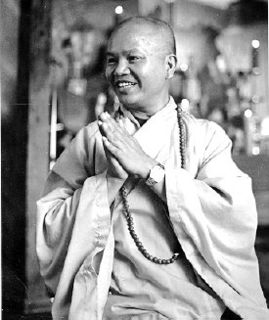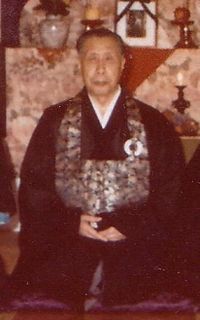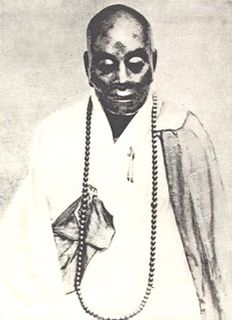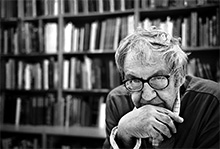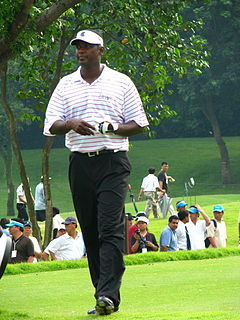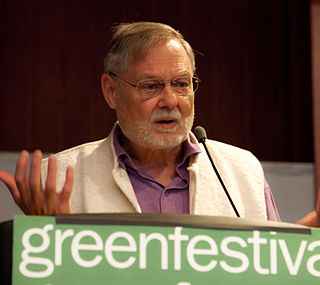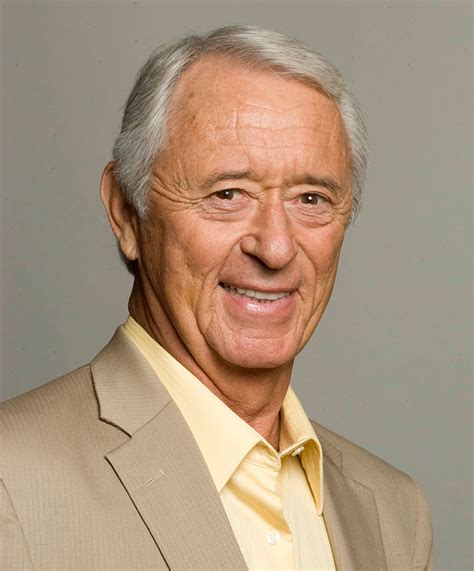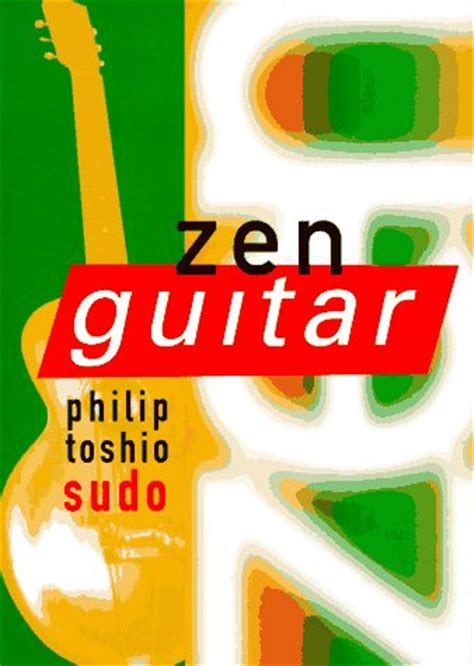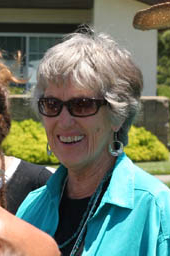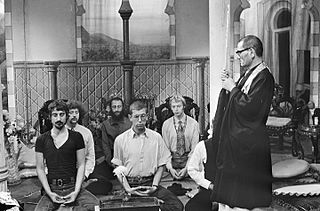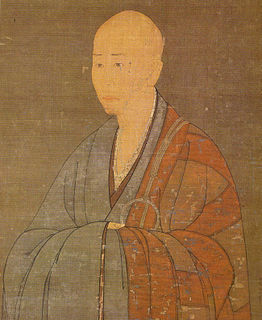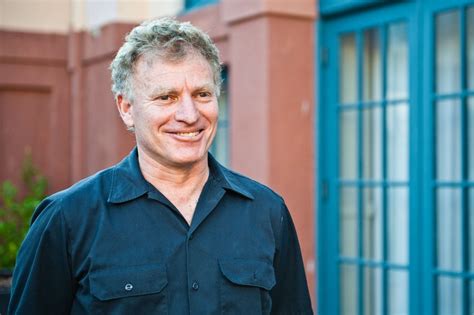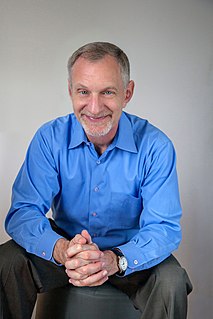Top 637 Zen Quotes & Sayings - Page 8
Explore popular Zen quotes.
Last updated on April 15, 2025.
I have a deep-seated distrust and even contempt for people who are driven by ambition to conquer the world … those who cannot control themselves and produce vast amounts of crap that no one cares about. I find it unattractive. I like the Zen artists: they’d do some work, and then they’d stop for a while.
An elegant simplicity is an understated, organic aesthetic that contrasts with the excess of consumerist lifestyles. Drawing from influences ranging from Zen to the Quakers, it celebrates natural materials and clean, functional expressions, such as are found in many of the hand-made arts and crafts from this community.
Prophecy is rash, but it may be that the publication of D.T. Suzuki's first Essays in Zen Buddhism in 1927 will seem to future generations as great an intellectual event as William of Moerbeke's Latin translations of Aristotle in the thirteenth century or Marsiglio Ficino's of Plato in the fifteenth.
Many of the customers here are traveling all over the world so they need multiple types of clothes. That's one thing about Urban Zen - it is seasonless and it is timeless. So it's not about the fashion of a moment saying, "I have to have it now." It's something that you become a part of...sort of like a sari.







